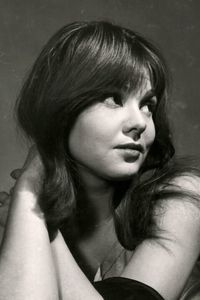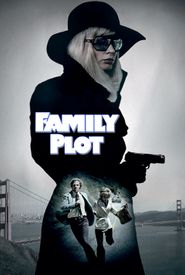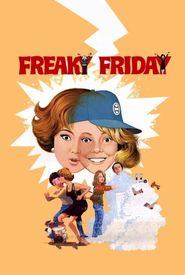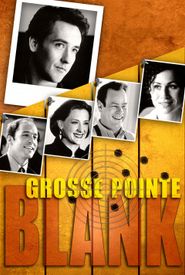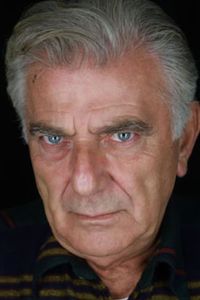Barbara Harris began her acting career as a teenager in Chicago, taking on small roles at the Playwrights Theatre Club, where she was joined by fellow young actors Edward Asner, Mike Nichols, and Elaine May. This early experience laid the foundation for her future success, as she went on to become a key member of "The Compass Players", the first ongoing improvisational theater troupe in America, directed by her then-husband Paul Sills.
The Compass Players was a groundbreaking group that was instrumental in shaping the art of improvisation, and Harris was an integral part of its success. Her husband, Paul Sills, was the founder of the group, and his mother, Viola Spolin, was the author of "Improvisation for the Theatre", a book that laid the groundwork for the troupe's innovative approach.
As the Compass Players evolved, it became known as "The Second City", and it was this polished version of the group that brought Harris to the attention of a wider audience. Her performances in Second City productions, including "On a Clear Day You Can See Forever", "Oh Dad Poor Dad", and "The Apple Tree", earned her critical acclaim and a Tony Award nomination.
Harris's success on stage was matched by her achievements in film, where she appeared in a wide range of roles in movies such as "A Thousand Clowns", "Oh Dad, Poor Dad, Mamma's Hung You in the Closet and I'm Feelin' So Sad", "Who Is Harry Kellerman and Why Is He Saying Those Terrible Things About Me?", "The War Between Men and Women", "Nashville", "Freaky Friday", "Family Plot", "Plaza Suite", "Movie Movie", "The Seduction of Joe Tynan", "The North Avenue Irregulars", "Second-Hand Hearts", "Peggy Sue Got Married", "Dirty Rotten Scoundrels", and "Grosse Pointe Blank".
In addition to her work in film and theater, Harris also made numerous television appearances, including episodes of "Alfred Hitchcock Presents" and "Middle Ages". Throughout her long and distinguished career, Harris has been recognized for her talents, earning numerous awards and nominations for her performances.
